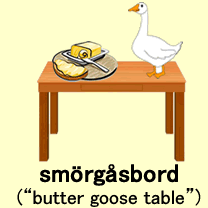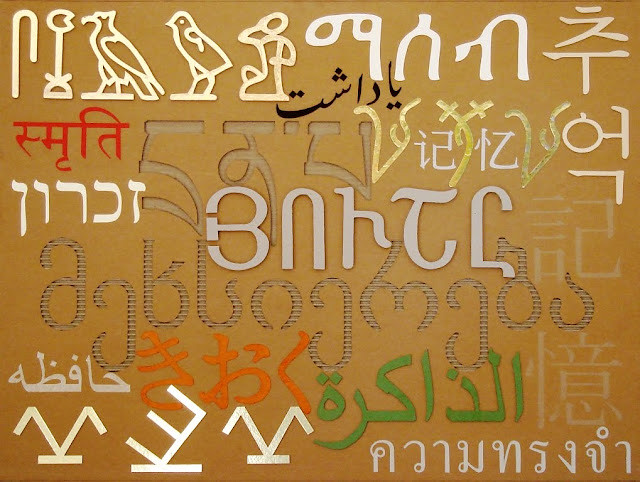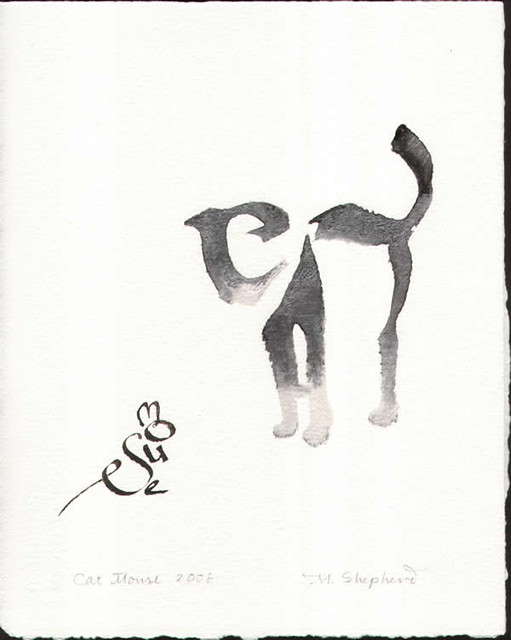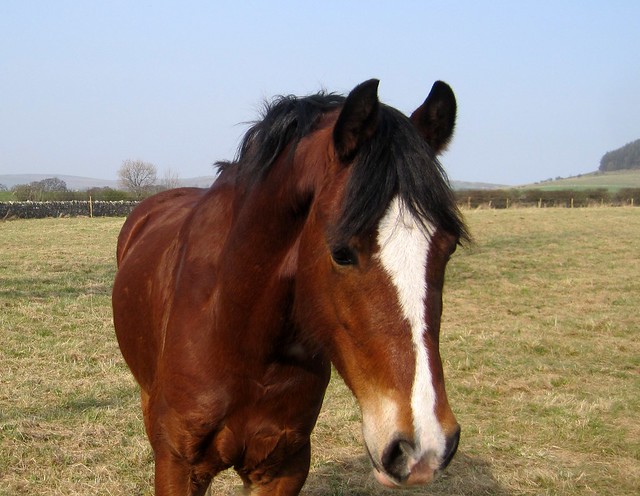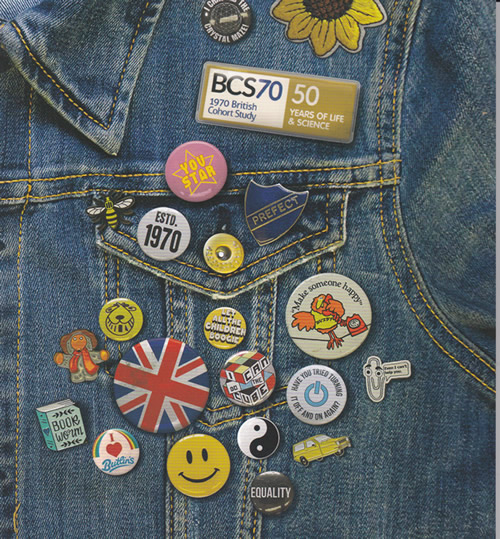In Dutch one word for horse is paard [paːrt]. It also means a knight in chess, a pommel horse or an ugly woman. When I learnt this recently, I starting wondering where it comes from, as you do.
At first I thought, it’s completely different to words for horse in other Germanic languages – hest in Danish and Norwegian, häst in Swedish, and hestur in Icelandic and Faroese.
While this is true, paard is in fact cognate with the German word for horse Pferd [pfeːrt], and also with the Afrikaans perd, the Luxembourgish Päerd, the Yiddish פֿערד (ferd), the English palfrey* and the French palefroi.
* palfrey = “a small horse with a smooth, ambling gait, popular in the Middle Ages with nobles and women” [source].
These words paard, Pferd, etc come from the Latin Latin paraverēdus, “an extra horse; post horse or courier’s horse for outlying or out of the way places” [source], from para- (beside, next to, near), from the Ancient Greek παρά (from, by, near), and verēdus (a fast or light breed of horse, a courier’s horse, a hunter), from the Gaulish *werēdos, from Proto-Celtic *uɸorēdos (horse) [source].
The Proto-Celtic word *uɸorēdos is also the root of the Welsh word gorwydd (steed, horse) and the Spanish word vereda (path, lane, sidewalk) [source].
The word horse itself comes from the Old English hors (horse), from the Proto-Germanic *hrussą (horse), from Proto-Indo-European *ḱr̥sos (horse), from the Proto-Indo-European *ḱers- (to run) [source]. This is also the root of the Proto-Celtic *karros (wagon) and the Latin currus (chariot, wagon) [source].
Others words that come from the Proto-Germanic *hrussą include the North Frisian hors (horse), the West Frisian hoars (horse), the Dutch ros (horse, steed), the German Ross (horse, thoroughbred, steed, charger, fool), and the Icelandic hross (horse).
From the Proto-Celtic *karros we get the Gaulish *karros (wagon), the Old Irish carr (cart, wagon), the Welsh car (vehicle, car, sled, dray), and karr (car, vehicle) in Cornish and Breton [source].
From the Latin currus, which was borrowed from Gaulish, we get the word carro (cart, wagon, truck, car, train car, etc) in Italian, Spanish, Portuguese, Galician, Catalan and Occitan, and the English words car, cart and chariot [source].
The North Germanic words for horse come the Old Norse hestr (horse, stallion), from the Proto-Germanic *hangistaz (horse, stallion), from the Proto-Indo-European *ḱanḱest-/kankest- (horse) [source].
I’ve written before about words for horse in Indo-European languages, and you can find more about Celtic words for horse on my Celtiadur blog.

